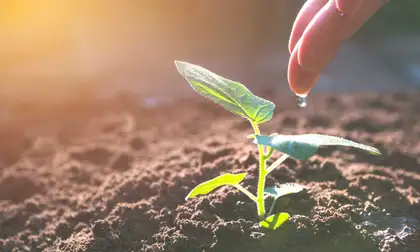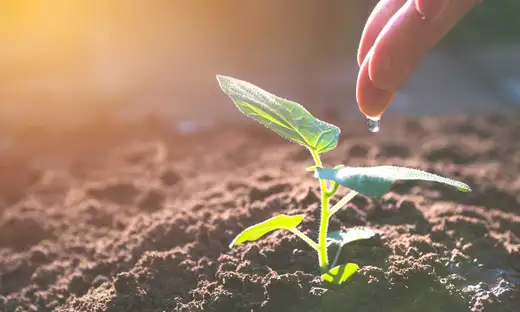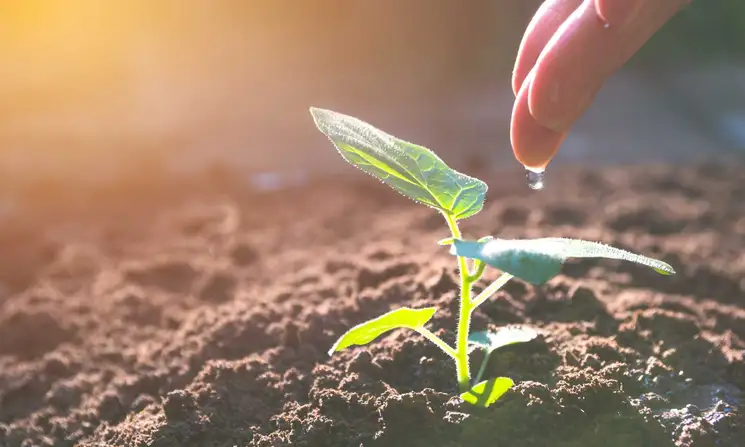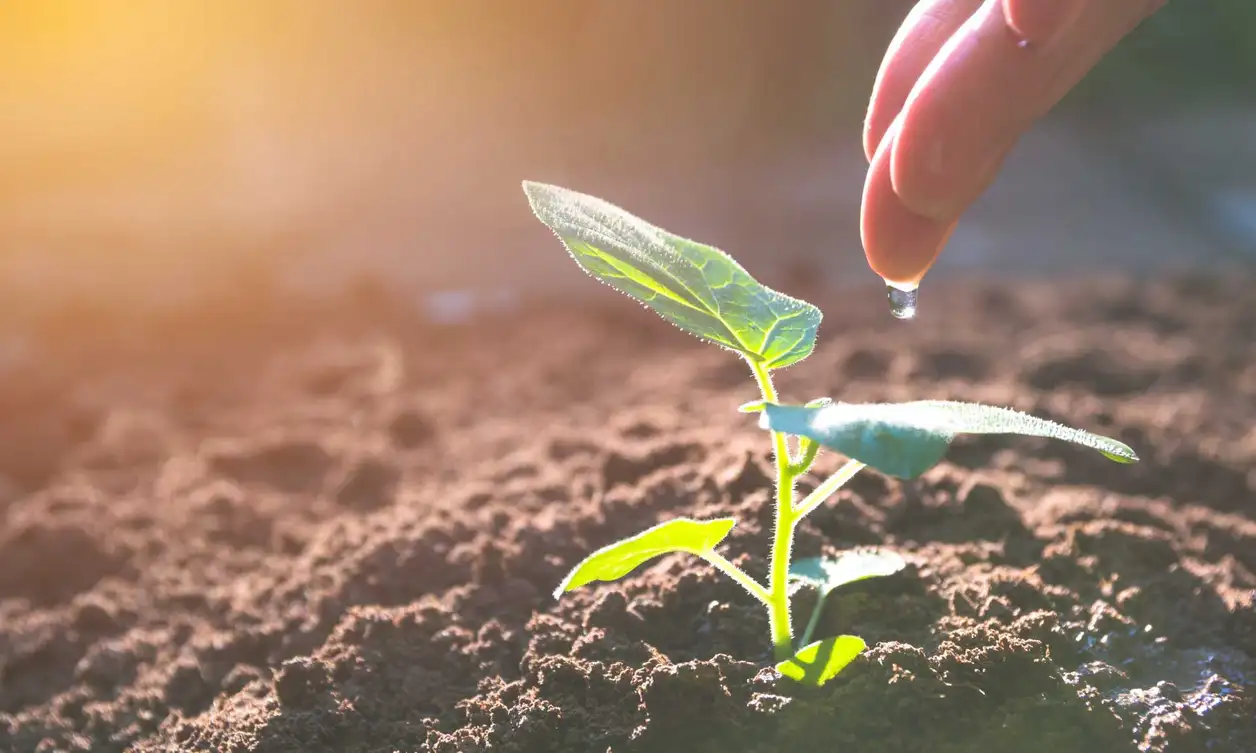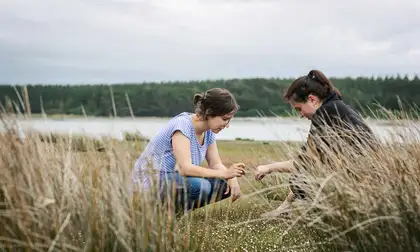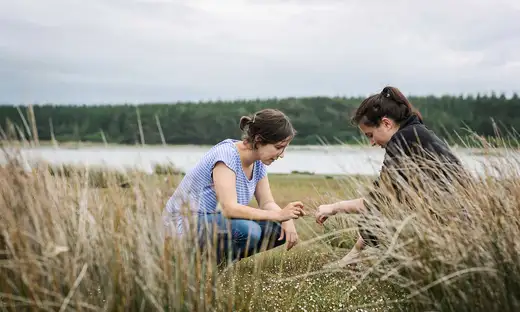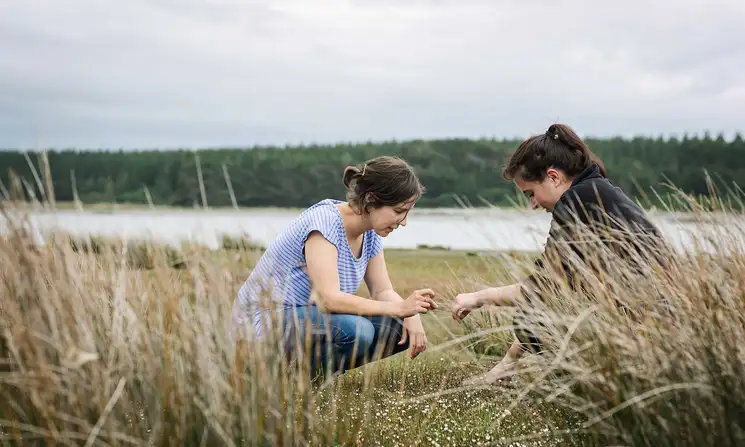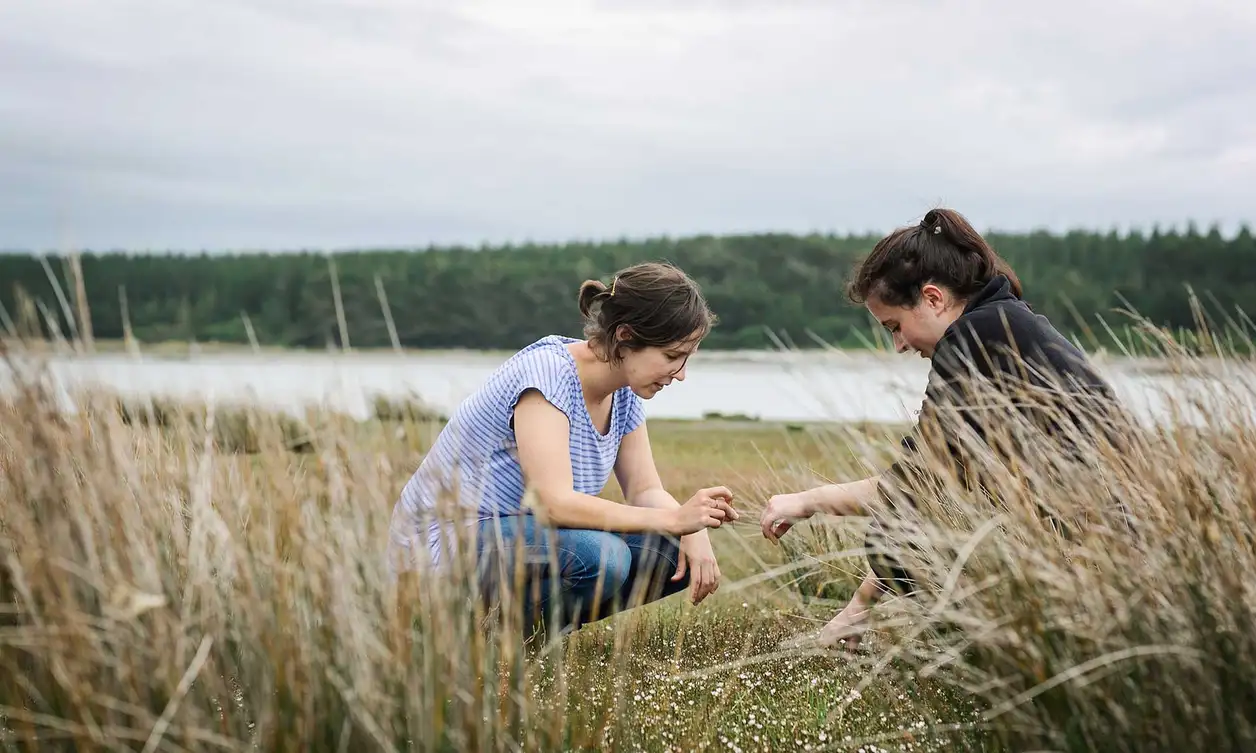Marginalisation is a process that prevents individuals or groups from full participation in social, economic and political life.
Marginalisation occurs due to the interconnected forces of colonialism, capitalism and patriarchy, and is reflected in experiences of being excluded due to multiple factors, such as sexual orientation, gender, geography, ethnicity, religion, social class, displacement, conflict or disability. Poverty is both a consequence and cause of marginalisation and, importantly, those who are marginalised also tend not to be given a voice in society. Marginalisation can have multiple layers, meaning that even within spaces at the margins there are ongoing processes of marginalisation as well.
How do we build spaces that invite those at the ‘margins of the margins’? Professor Mohan Dutta from the Center for Culture-Centered Approach to Research and Evaluation (CARE) in the School of Communication, Journalism and Marketing carries out research on the basis that a way to tackle marginalisation is to connect people. His work centres around exploring the question of how to build spaces that bring in people from places of disenfranchisement who typically have not had their voices heard.
How do we build spaces that invite those at the ‘margins of the margins’?
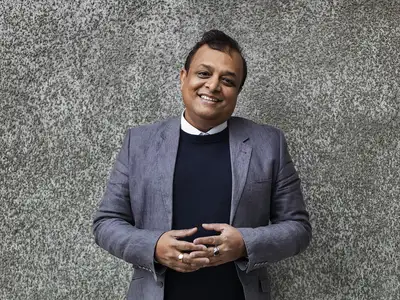
Professor Mohan Dutta, School of Communication, Journalism and Marketing
A project currently underway in Highbury, Palmerston North, has involved creating an advisory group of predominantly Māori and Pasifika community members who are negotiating struggles with precarity, poverty, and difficulty accessing housing, health and food. The advisory group has been developing a research method to explore the community’s key challenges to health and wellbeing, and the solutions it would like to create, with the aim of shaping collective decision-making on building community initiatives that tackle marginalisation.
One key project that the advisory group decided on was to build a space where those who normally feel disenfranchised from decision-making would be made welcome. ‘The idea was that it could also be a space for storytelling, particularly for kaumātua to tell the stories of the community to rangatahi,’ says Professor Dutta. The group also identified a lack of access to fresh vegetables, leading to the idea of building a community garden.
At a broader level, the advisory group wanted to shift the narrative around Highbury as a place of deficit to one of a thriving community. Different ways of telling the story of Highbury were discussed, and the group has produced a digital campaign that includes a Facebook page called ‘Ichoosehighbury’, with the idea that people can be intentional in choosing to live in Highbury because it’s a space of sustenance.
At the root of the campaign are the community gardens that the advisory group created in multiple locations within Highbury. ‘One space was Te Pātikitiki library, and that went on to grow into people’s backyards,’ says Professor Dutta. ‘Community members learned how to grow vegetables and shared them, and advisory group members set up initiatives like community cupboards and stocked them. These food resources sustained the community throughout the Covid-19 pandemic. The gardens are also a basis for intergenerational coming together, particularly in terms of bringing youth into these spaces and learning methods of growing food. So we now have a part of the world that is focused on growing the practices of rongoa Māori in the community.’
The advisory group also identified a desire to co-create community events, which led to a Matariki event being held in 2021 with a focus on the inclusion of migrants. ‘There are Pasifika communities in Highbury and it has a fairly large refugee population, and so, as well as the focus on Māori and Pasifika food practices, it has become the basis of connecting with migrant and ethnic communities.’ Through PhotoVoice, in which participants take pictures to illustrate their situations, and digital storytelling, the advisory group started narrating the stories of Highbury and advocating for local, regional and national policies to address community needs.
The infrastructure of voice developed by the advisory group has enabled other community initiatives. For instance, current work is focusing on community-owned education around preventing family violence and sexual violence; once again, this stems from the community’s capacity to tell stories. Another community-led solution is focusing on how to build social cohesion through dialogues among Māori, Pasifika and migrant communities.
‘One doesn’t really have a preconfigured problem that is to be solved through this process,’ says Professor Dutta. ‘But placing that power in the hands of those at the margins of the margins is the way to identify the everyday challenges to their health and wellbeing, and to develop solutions rooted in the everyday of community life. One of the beautiful things about this process is that it is so open-ended.’
The work in Highbury aligns closely with other initiatives Professor Dutta has been involved in internationally. ‘Food has been such a thread in my work, with a wide geographical expanse. From working with indigenous communities in Bengal and landless Dalit (oppressed caste) women farmers in South India to inner-city African American communities in the US and community-led food gardens here in Feilding and Highbury – struggles for food sovereignty have shaped my academic activism. Co-creating community enfranchisement in laying claim to spaces of decision-making around food is at the heart of addressing hunger globally.’
Mohan Dutta
Learn more about the researcher tackling marginalisation through community voice.
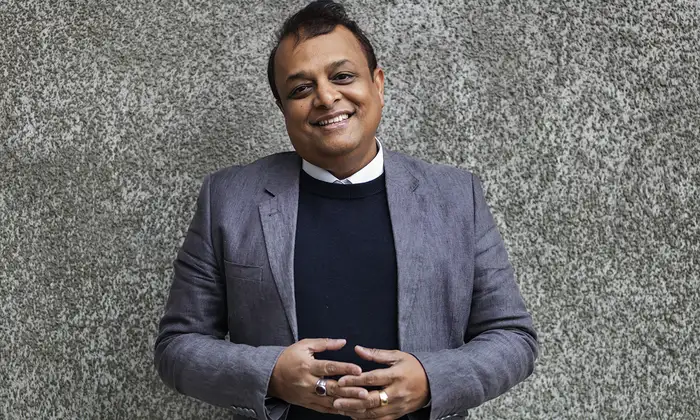
Professor Mohan Dutta
Mohan Dutta has developed a culture-centred approach that outlines culturally-based participatory strategies of radical democracy for addressing unequal health policies. At the core of his research agenda is the activist emphasis on provincialising Eurocentric knowledge structures and de-centring hegemonic knowledge constructions through subaltern participation.

